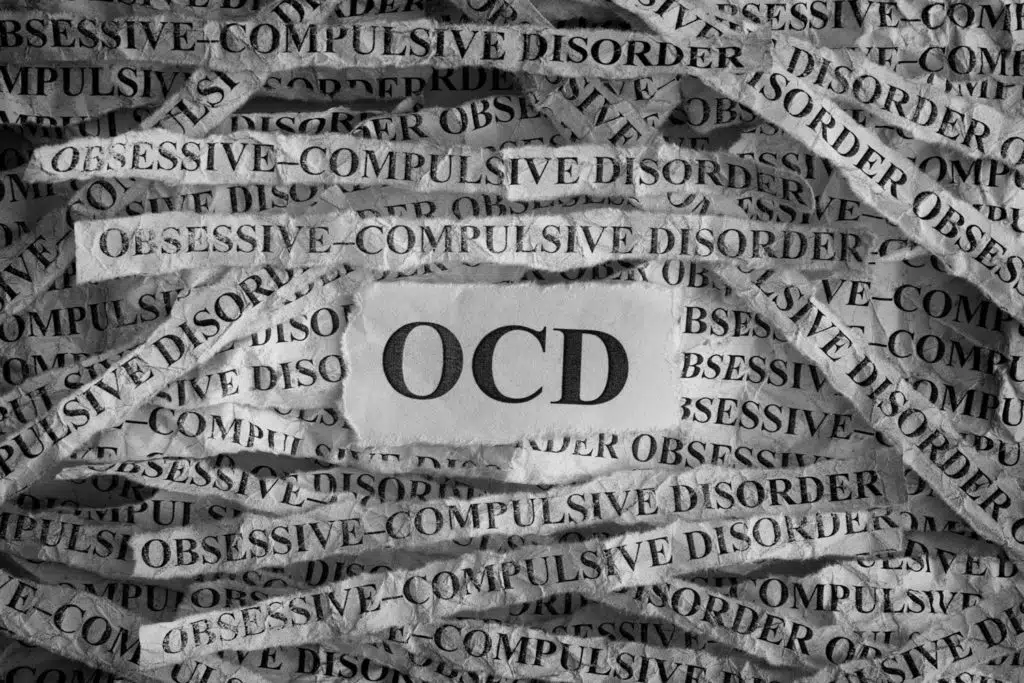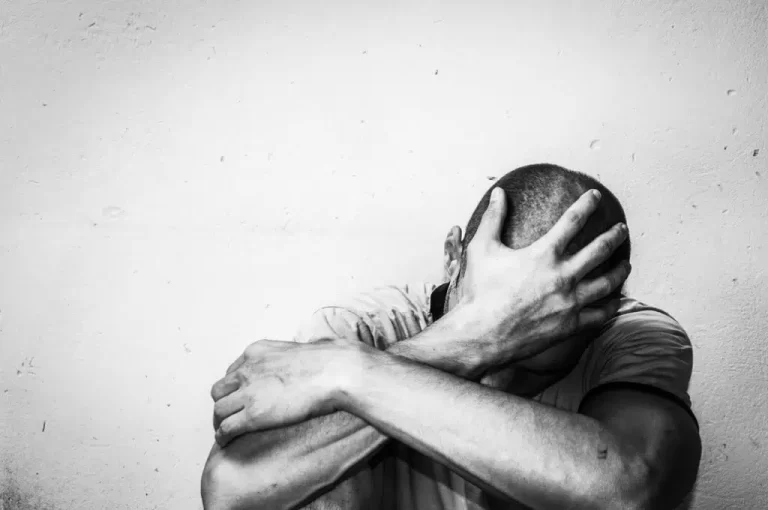Obsessive-compulsive disorder (OCD) is one of the most common mental health disorders in the United States, affecting between 2 and 3 million men and women equally each year. What’s more, 90% of people struggling with OCD also have one or more co-occurring mental health conditions, including anxiety, attention deficit hyperactivity disorder, depression, or bipolar disorder.
Common symptoms of OCD
OCD obsessions are repeated, persistent, and unwanted thoughts or urges that cause distress or anxiety. Symptoms may include:
- Fear of dirt or contamination
- Difficulty tolerating uncertainty
- Needing things orderly and symmetrical
- Aggressive or horrific thoughts about harming yourself or others
- Unwanted thoughts, including aggression
OCD compulsions are repetitive behaviors that you feel compelled to perform to ease feelings of unease or anxiety. Compulsions typically have themes and may include:
- Washing and cleaning
- Checking (e.g., iron, stove, lights, doors)
- Counting certain patterns
- Repeating a prayer, word, or phrase
- Orderliness
- Following a strict routine
- Demanding reassurance
Diagnosing OCD
OCD is not something that can be diagnosed through blood or genetic testing. Only a trained clinician can diagnose OCD through a comprehensive interview. He or she will primarily look for three things to determine if a person meets the criteria for an OCD diagnosis:
- Whether the person has obsessions
- Whether the person is exhibiting compulsive behaviors
- Whether the person’s obsessions or compulsions are getting in the way of valued activities (e.g., working, going to school, attending social events)
OCD and drug addiction
Behaviors associated with OCD are more than just personality quirks. They’re symptoms of a severe mental illness that can significantly impact a person’s ability to function in society. It’s also been associated with higher-than-average rates of alcohol and drug addiction as people turn to substance use to self-medicate and cope with their symptoms.
People with OCD and drug addiction may have initially used substances to reduce the severity of their obsessions or compulsions, or to decrease the distress associated with the consequences of living with OCD (e.g., relationship issues or difficulties at work). Unfortunately, this is a dangerous combination because it can lead to additional mental and physical health issues over time.
Like drug addiction, people struggling with OCD often feel isolated and are more likely to avoid social settings to keep their obsessions or compulsions private. This embarrassment, loneliness, and physical isolation easily lead to substance use. Unfortunately, as a person with OCD continues to misuse drugs or alcohol, their symptoms will continue to worsen because they avoid dealing with the source of their distress. As a result, they have a greater risk for hospitalization and suicide.
Miramar Recovery Center can help you restore health and balance
Miramar Recovery Center doesn’t just treat the addiction. We treat the whole person to ensure your physical, emotional and psychological health care needs are addressed at the same time. The compassionate clinical team at Miramar Recovery Center understands the struggles of OCD and addiction. Our mental health professionals and certified substance abuse therapists can help people develop healthy coping strategies for mental health disorders and overcome substance use disorders through safe, effective dual-diagnosis treatment.
We offer comprehensive inpatient dual diagnosis services including a complete intake evaluation, medically-assisted detoxification period, medical maintenance as needed, and individual and group therapy, as well as holistic wellness programs like massage, acupuncture, yoga, meditation, and other sober activities. Contact our skilled clinical team at 949-691-5036 to find out if our dual-diagnosis treatment program is right for you.



